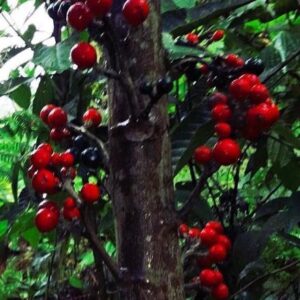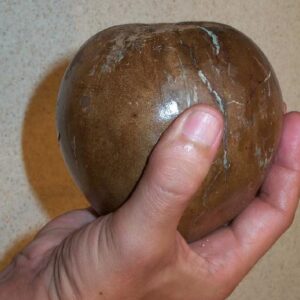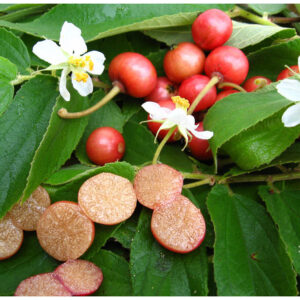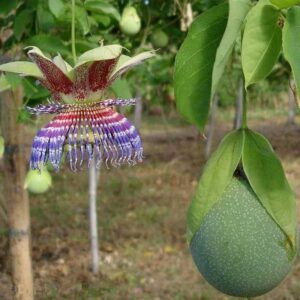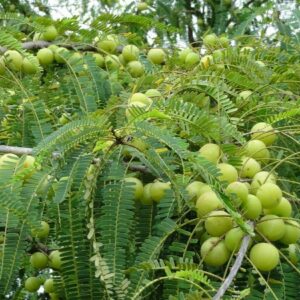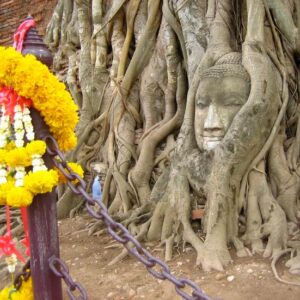/ per pack
Choose seeds per pack:
Botanical nomenclature: musa ingens
Common name: giant upland banana
Family: musaceae
Origin: new guinea
Height: more than 20 meters high, a giant
Brightness: half shadow, shadow
Most people in the world are familiar with a banana.
Today, we are going to present a case of true love between us (Quinta dos Ouriques) and nature; full of surprises, always pleasant.
There are two other plants as fervently sought after as this giant and enigmatic banana from the rugged and mysterious mountains of the new Guinea.
With a trunk of at least 15 meters high, about one meter in diameter at the base and a height of at least 20 meters, or more, is undoubtedly classified as undisputed record of the largest and tallest banana tree and largest plant in the world.
Certainly, it is a wonder of nature, a giant in every way.
An herbaceous plant, which develops from an underground rhizome and produces a pseudo-calculus composed of densely packed leaves that can reach a much larger size than many woody trees, is without a doubt. At least, surprising.
The pseudostem of musa ingens is slightly swollen toward the base and is covered by a layer of whitish wax, somewhat resembling the glaucum, but much, much larger.
It has a crown with about 12 very rigid ascending leaves with up to 6 meters in length.
A stupendous inflorescence can contain more than 300 oblong fruit of up to 25cm or more in length and edible yellow flesh and much appreciated, sweet and delicious!
The Musa is native to the mountainous rainforests throughout the New Guinea, growing in its natural habitat between 1,000 and 2,000 meters above sea level, and is generally prevalent in humid places, in steep ravines or on the edges of mountain marshes.
Food has eaten a cultivar in the past and most perish because they were handled incorrectly. Large and large, understandably proud, as well as a single achievement.
Tip:
In cultivation, musa ingens require the ferns, to the common and regular banana trees; due to their original habitat.
Opportunities for sale for this species are limited.
